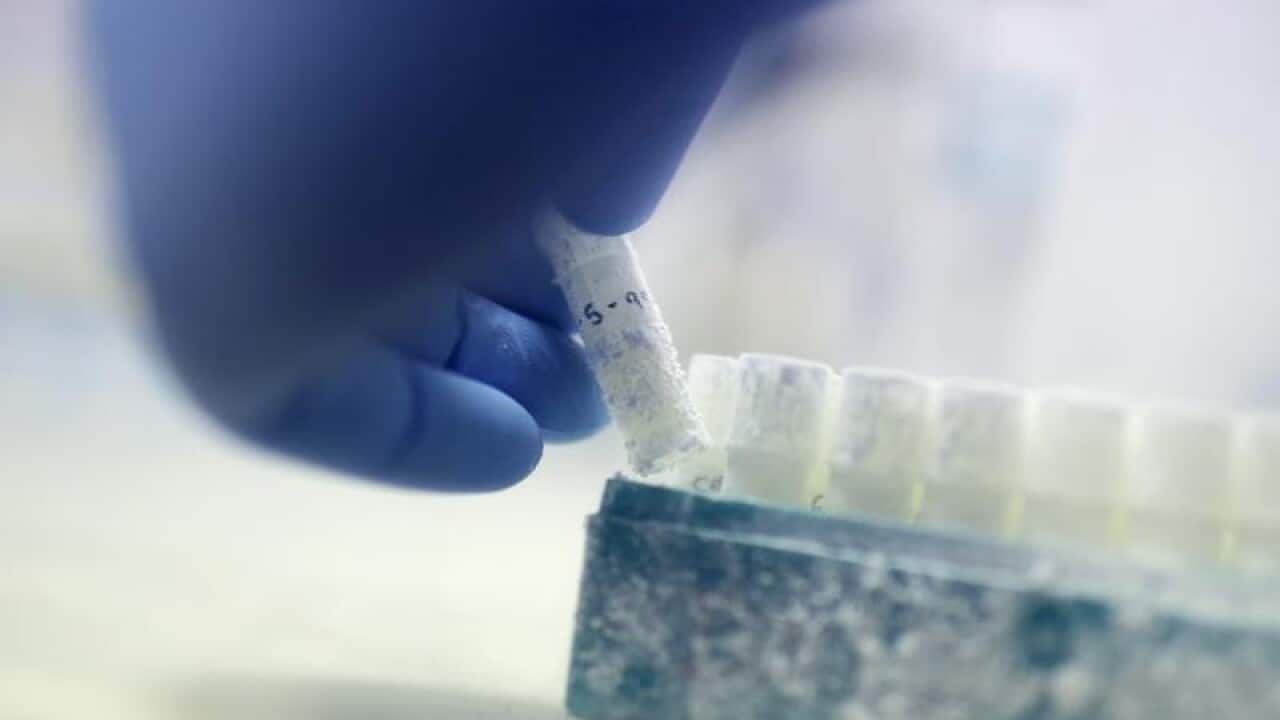A sperm bank could one day be set up in space, scientists have suggested.
Frozen samples exposed to microgravity conditions and those kept on the ground appear to retain similar characteristics, according to the results of a small preliminary study from Spain.
The findings suggest frozen sperm could be transported to space and "open the possibility of creating a human sperm bank outside of Earth", researchers said.
The study has been presented at the European Society of Human Reproduction and Embryology annual meeting in Vienna, Austria.
Researchers said little is known about the effect of different levels of gravity on sperm.
Dr Montserrat Boada, from Dexeus Women's Health in Barcelona, said: "Some studies suggest a significant decrease in the motility of human fresh sperm sample.
"But nothing has been reported on the possible effects of gravitational differences on frozen human gametes, in which state they could be transported from Earth to space."
The researchers used sperm from 10 healthy donors, exposing some of the samples to microgravity using a small aerobatic aircraft.
The samples were then analysed for concentration, motility and DNA fragmentation - tests which are all performed to check for fertility.
No significant differences were found between the samples kept on the ground and those exposed to microgravity, according to the study.
"The lack of differences observed in the sperm characteristics between frozen samples exposed to microgravity and those maintained in ground conditions open the possibility of safely transporting male gametes to space and considering the possibility of creating a human sperm bank outside of Earth," the researchers said.









